In 1982 while still in her twenties, Isabel Allende became a literary household name. Her first novel, The House of the Spirits (La casa de los espíritus), won Chile’s Panorama Literario award, was translated into 20 languages, and allowed Allende to quit her day job and focus solely on writing.
In the decades since, the Chilean-American writer has published more than 20 titles to huge commercial success, and become known as the world’s most widely read Spanish-language author, not to mention one of the most successful female writers of our time. An outspoken feminist with an impressive oeuvre that spans over 30 languages, Allende speaks to AMEX Essentials about her characters, her creative process and how she got her start.
Can you tell us how you started your day — what did you do today?
I start every day at around 5:30am with half an hour of meditation in bed, then I have a large cup of coffee and take an hour for a shower, makeup, etc. I exercise every morning with a couple of trainers. Since the pandemic, sometimes we have sessions on Zoom.
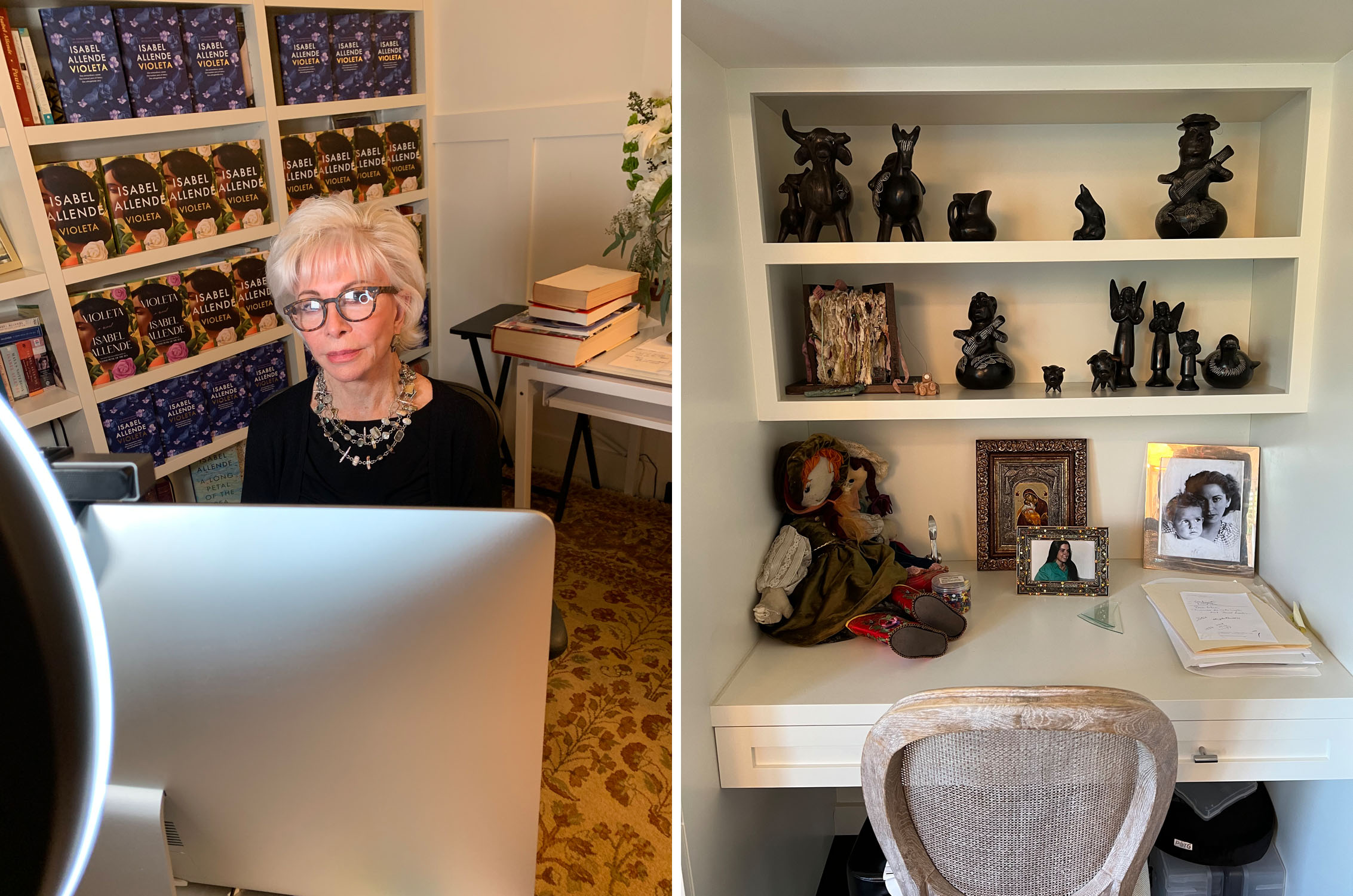
Your debut novel, The House of the Spirits, was a great success upon its publication. Some might say it catapulted you to literary stardom. How did you deal with it, and how did your life change?
My life changed after the success of my first novel and of the books that followed, it became much more interesting and easy, but I have not changed. You can ask around. I am still the same person I always was, only older. My children and my grandchildren keep me humble.
Having written dozens of successful books throughout your career, does it annoy you that people still always ask about The House of Spirits?
I am so grateful to The House of the Spirits! That book gave me a voice, saved me from a banal existence and paved the way for all my other books. It is still in print, still being read, studied and serving as inspiration for other creators. Why would it annoy me to see it alive and well?
Do you remember those first attempts at getting published?
Several Latin American publishers ignored or rejected the manuscript of The House of the Spirits. I had given up on the idea of publishing it. It was frustrating, but I was expecting something like that. Deep in my heart I felt that publishing was impossible. Maybe it was a bad book… And being an unknown woman in Latin America, without connections, mentors or sponsors, who was going to be interested in reading my work? Nobody. Then someone told me that without a literary agent it was very hard to get the book out there. I contacted Carmen Balcells in Barcelona, and the rest is history.
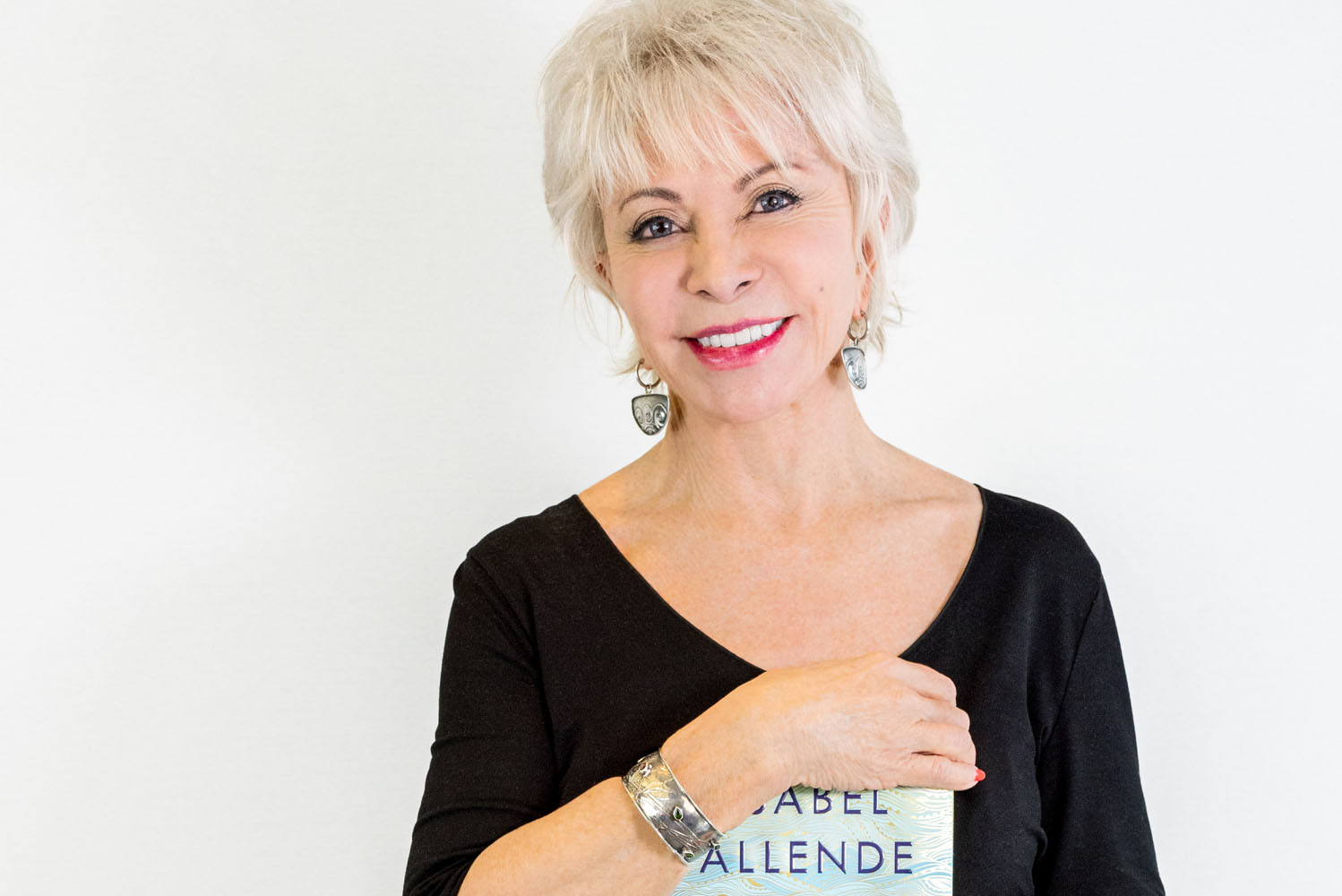
[Photo by Lori Barra]
Carmen Balcells was famous for representing many of your generation’s most successful writers. What can you tell us about your relationship with her?
Carmen was a sharp businesswoman, smart, aggressive, visionary, with great instinct and knowledge. And she was also sentimental, incredibly generous and kind. I owe her my career. She believed in me when I was nobody, guided and protected me. I miss her so much!
Do you have any particular anecdote with Carmen that you can share with us?
Carmen was the first person to come to the hospital in Madrid when my daughter had the porphyria attack that eventually killed her. She flew immediately from Barcelona to be with me at my daughter’s bedside. She cried with me…
You have experienced many hardships in your life — living in exile, losing your daughter… What are you most afraid of today?
I am afraid that something bad could happen to my son, and of losing my mind.
Writers often have obsessions within their work, topics they revisit time and time again. What would you say is your obsession?
I don’t think I am obsessed with a topic but with certain themes: love, death, violence, justice, courage, strong women, absent fathers.
On the other hand, is there any topic you refuse to deal with in your writing?
I can’t write about cruelty to animals or children. I avoid torture, and I don’t feel comfortable writing pornography.
You are an extremely successful writer whose name is recognised across the globe. That being said, do you have any insecurities when it comes to your work?
I feel insecure about the process, especially at the beginning, because every book is a challenge, it has its own requirements and its own spirit. I cannot repeat the formula that was successful in another book, I have to start from scratch every time. I try not to repeat my mistakes, but I keep making new ones. However, in 40 years of writing I trust that experience and discipline will allow me to meet the challenge.
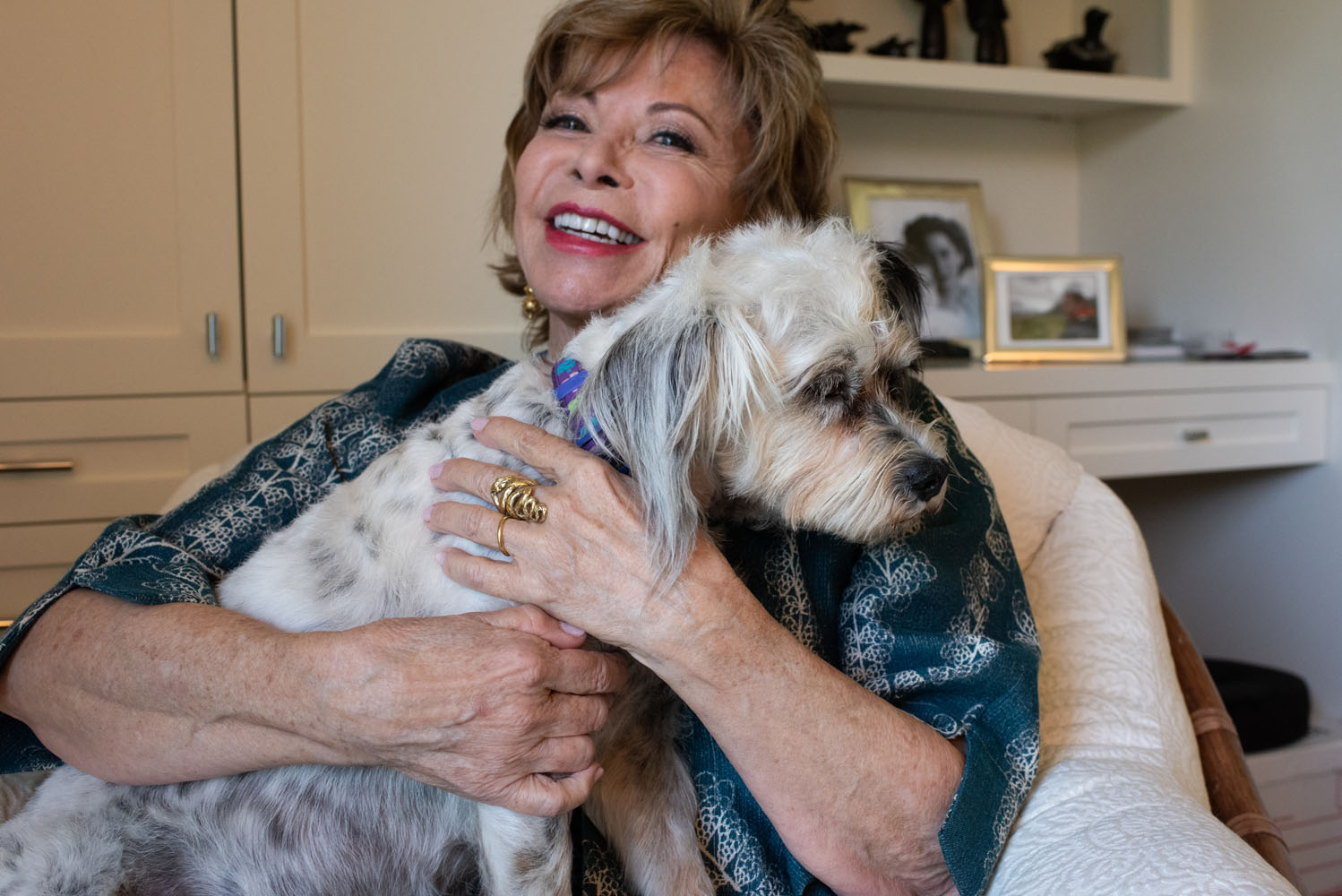
[Photo by Lori Barra]
The Latin American Boom movement of the ‘60s and ‘70s shined a light on literary creation from the region, but in retrospect, female participation in the movement has been greatly erased. Why do you think that happened?
Male chauvinism, of course. Women have been discriminated against and silenced for centuries in Latin America. Why would literature be an exception? Fortunately, things are changing. It was time.
What’s the biggest challenge you’ve encountered as a female writer?
Carmen Balcells told me when she met me: you will have to do double the effort of any male writer to get half the respect and recognition. She came short. I have had to multiply the effort by five.
You’ve set books both in historical settings and in completely made-up worlds. Which do you enjoy writing the most – entirely fictional world-building or historical fiction?
I like historical fiction because the research gives me half of the book. Reality is often more interesting and surprising than anything I could invent. History is the foundation on which I can move my fictional characters.
Your novels feature some of the most complex and interesting characters in literature. Do you have a favourite character you’ve written?
Clara del Valle in The House of the Spirits is my favourite fictional character, because she was inspired by my clairvoyant grandmother. And Inés Suarez, in my novel Ines of My Soul (Inés del alma mía), is my favourite historical character.
In contrast, who was the hardest to write?
Zarité in Island Beneath the Sea (La isla bajo el mar), because she was a slave in Haiti in the 1800s. Slavery is the most painful subject I have ever researched.
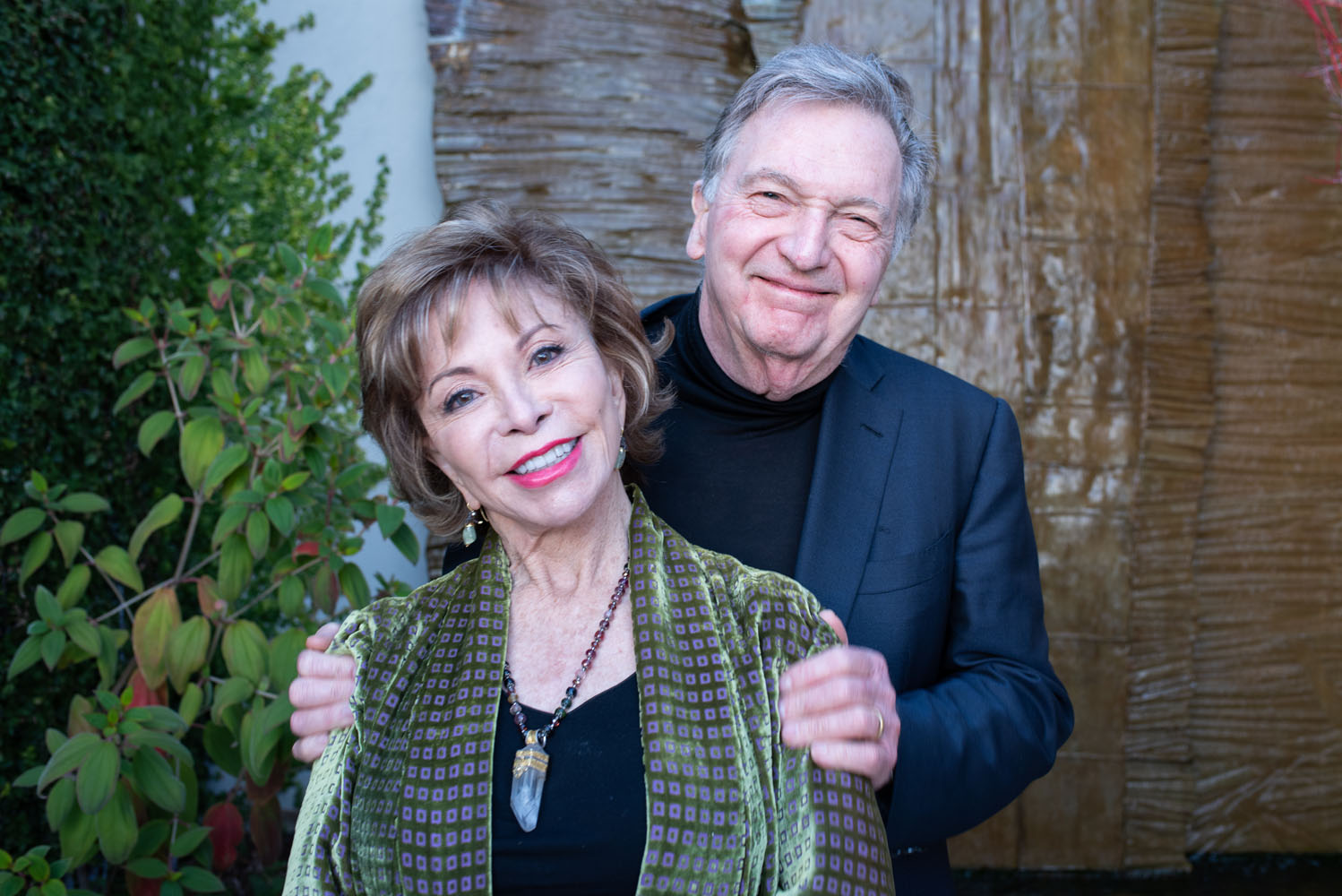
[Photo by Lori Barra]
You’ve famously said you don’t believe in happy endings. Why not?
Because there are no endings in life, we just move along the road that inevitably leads to death. We fall in love, we cultivate love, we make it last for as long as possible, and then things happen: illness, old age, disappointment and other misfortunes. In literature, it’s nice to end the book at the point when love is still shining. The reader doesn’t have to imagine the future, when the characters may fall out of love or be separated by circumstances beyond their control. In real life, I know that everything is temporary, so I enjoy love fully when I have it.
You’ve travelled extensively throughout your life. What’s your favourite place?
My favourite place is at home, in the quiet attic where I write, on the living-room couch reading with the dogs, in bed with my husband, at the deck watching the ducks and the geese in the lagoon.
You’re both American and Chilean – have you ever felt like you belong more to one than the other? Do you feel your roots belong to any particular place?
My roots are with the people I love the most (my son, my husband, my daughter-in-law), in my memory and in my books.
[Photo at top by Lori Barra]

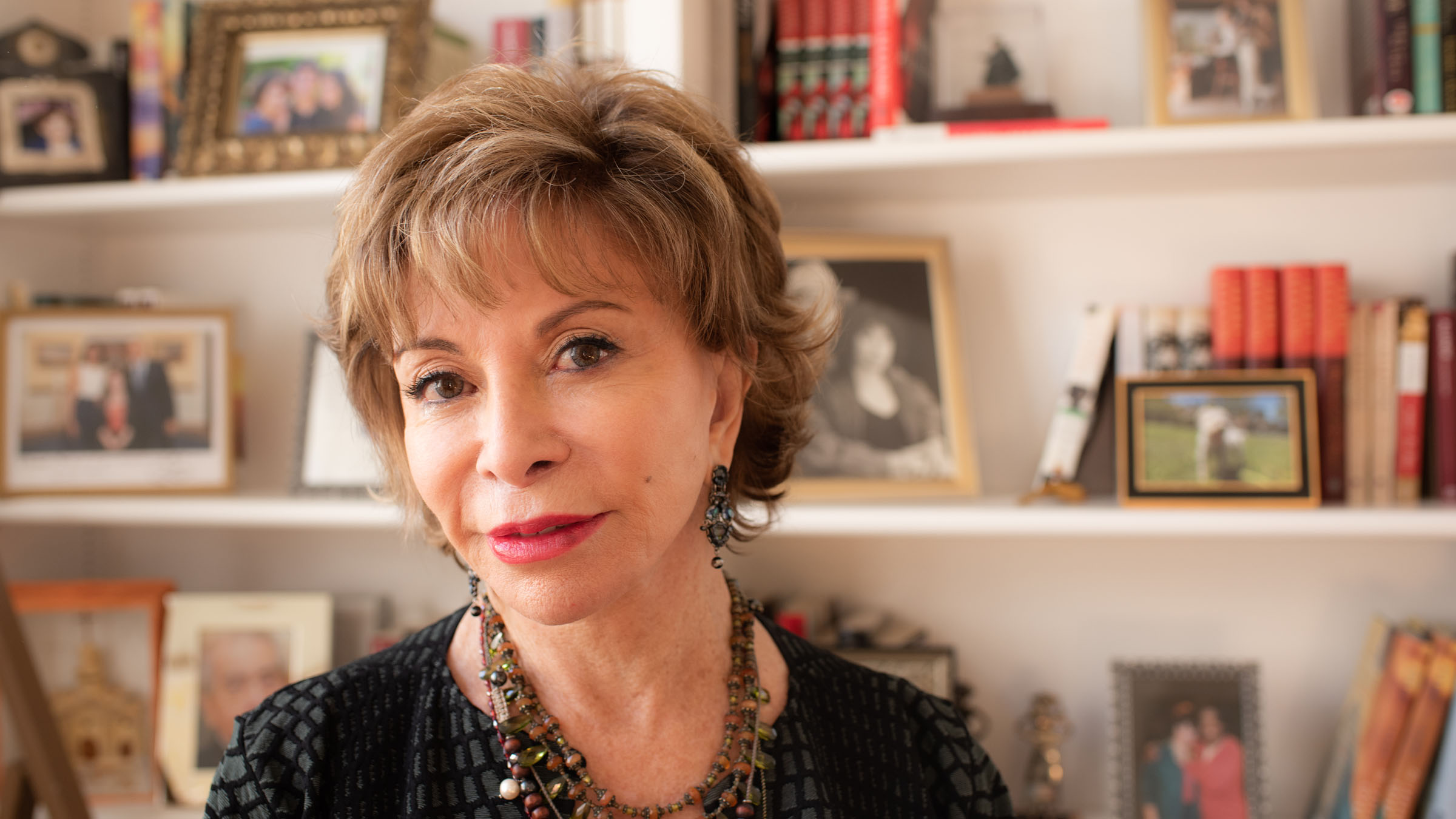
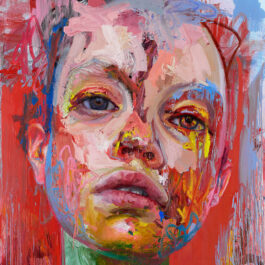
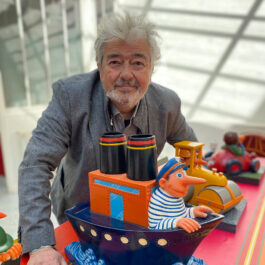



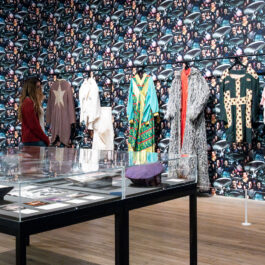
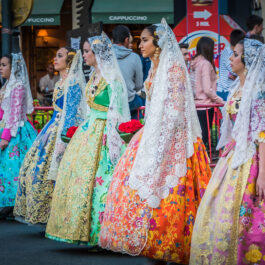
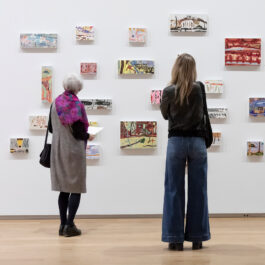
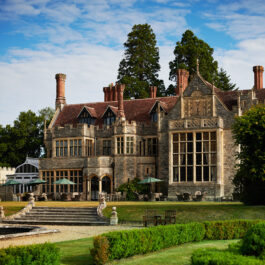
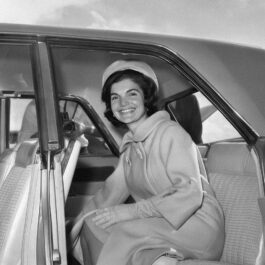


Sorry, the comment form is closed at this time.